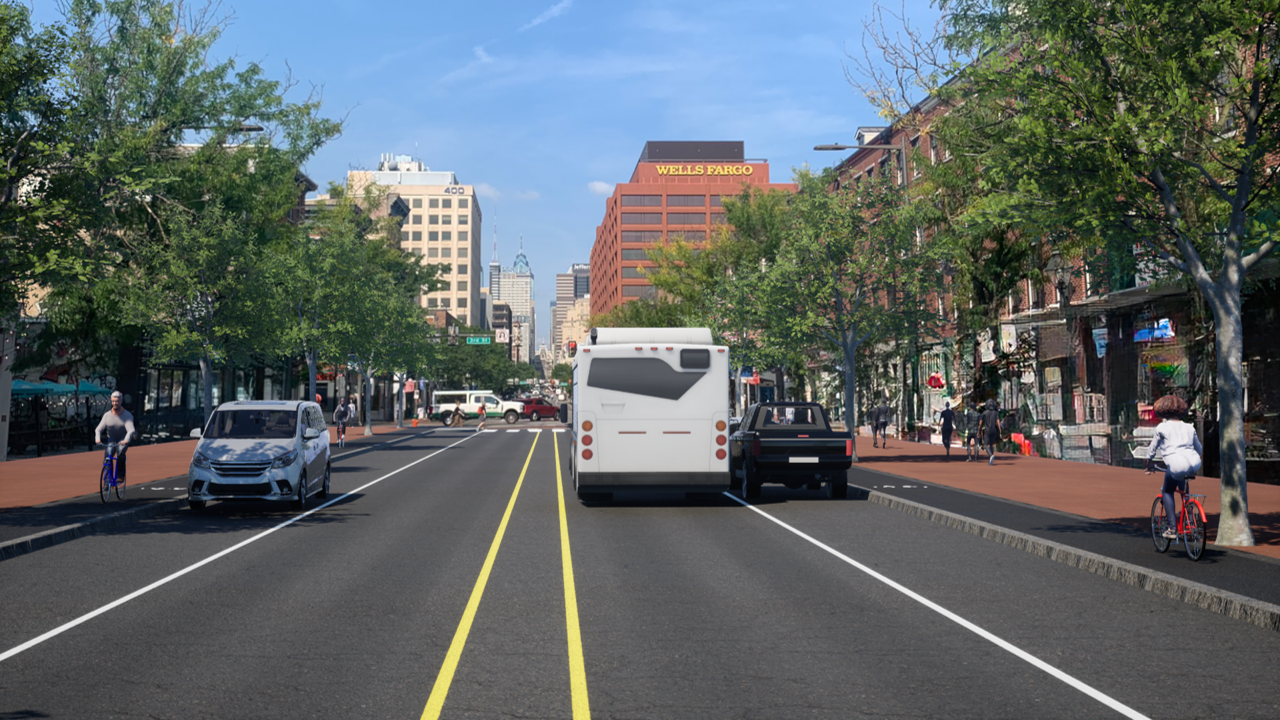Many American cities are proving to be more resilient than suburban areas thanks in part to the shifting preferences of today's young people. But as USA Today reported in a talked-about article earlier this week, the cohort that has flocked to cities is now reaching a stage of life which, historically, has been more closely associated with suburbia.
The oldest "millennials" -- a generation that is larger than the Baby Boomers and many degrees more urban -- are turning 30 this year. Many will begin settling down and having children -- and their priorities will inevitably change.
Smart cities are doing what they can to prevent these folks from moving “upward and outward” like the generations that came before, USA Today’s Haya El Nasser reports. According to the sources USA Today consulted, this transitioning generation will be looking for good schools and recreational opportunities, but they'll still want strong transit and walkability -- a key advantage of city life over the suburbs.
Places like Los Angeles, Cincinnati, and Oklahoma City are looking at ways to help young families stay. Denver been mapping "day care centers, preschools, grocery stores and jobs" to see how well-served they are by transit. Cities like Charlotte, Anaheim, and Dallas are looking at ways to provide larger, more family-friendly housing choices within smaller urban lots. The school reform movement and the push to improve the quality of public education is another major piece of the puzzle.
There's a lot at stake for all the residents of these cities, El Nasser points out: "Hanging on to residents as they age, make more money and have kids is a plus for cities because it strengthens and stabilizes the tax base while creating an involved constituency."
Richard Florida told El Nasser that he expects 60 or 70 percent of millennials to move to the suburbs when they start families, compared to about 95 percent of their predecessors.






